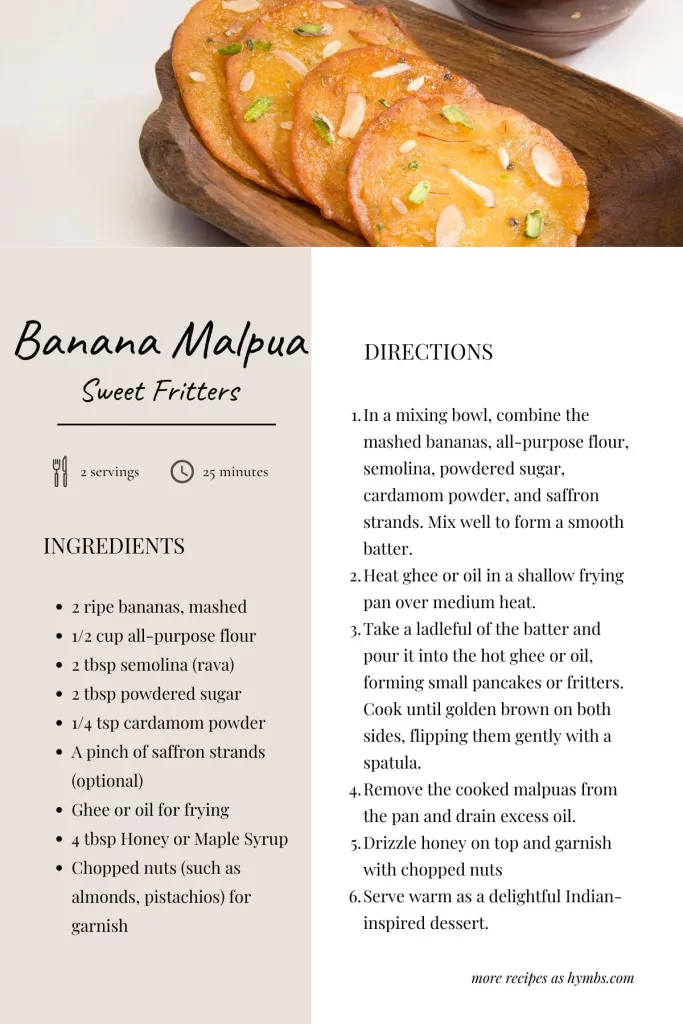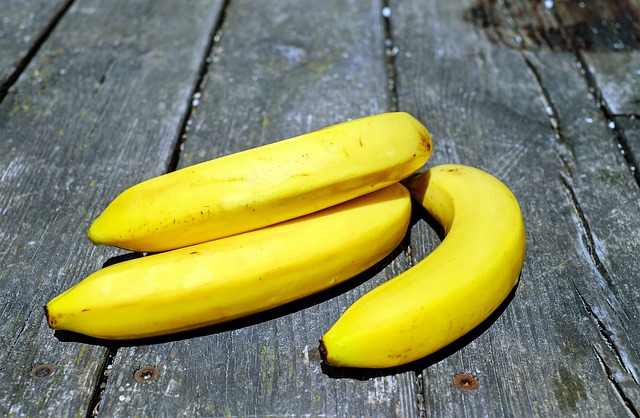Bananas are a popular fruit around the world, known for their sweet flavor and convenient packaging. They are enjoyed as a snack, in smoothies, baked goods, and even as a savory ingredient in certain dishes. But beyond their delicious taste, bananas also offer a wealth of health benefits. In this article, we will explore the history of bananas, their nutritional value, how to find the best ones, and the recommendation to add them to your diet. We will also look at some cautionary information about bananas.

Bananas are believed to have originated in Southeast Asia, but they have been cultivated in many parts of the world for thousands of years. They were introduced to the Western world in the 15th century by Portuguese explorers who brought them back from their travels. Bananas became a popular fruit in Europe during the 19th century, and they were eventually introduced to North America in the late 1800s.
Health Benefits of Bananas
Bananas are packed with nutrients that offer numerous health benefits. Here are some of the key nutrients found in bananas:
- Potassium: Bananas are an excellent source of potassium, which is essential for maintaining healthy blood pressure, heart function, and muscle and nerve activity.
- Vitamin C: Bananas also contain vitamin C, an antioxidant that supports immune function and collagen production.
- Fiber: Bananas are a good source of dietary fiber, which can help regulate digestion and promote feelings of fullness.
- B vitamins: Bananas contain several B vitamins, including vitamin B6, which plays a role in energy metabolism and neurotransmitter production.
How to Select the Best Banana
When selecting bananas, there are a few things to keep in mind to ensure that you get the best ones:
- Color: Look for bananas that are evenly yellow and free of brown spots or bruises.
- Firmness: Choose bananas that are firm but not too hard. If they are too soft, they may be overripe.
- Size: Bananas come in various sizes, so choose the size that best suits your needs.
Recommendations to add Bananas to Your Diet
The recommended daily amount of fruit varies depending on age, gender, and activity level. However, a general guideline is to aim for two to three servings of fruit per day, which can include bananas. One medium banana is considered one serving of fruit.
A Post-workout Snack
Bananas can be a good choice after a workout. Bananas are a great source of carbohydrates, which can help replenish the glycogen stores in your muscles that were depleted during exercise. They also contain potassium, which can help regulate fluid balance and prevent muscle cramps. Additionally, bananas are easy to digest and can provide a quick source of energy after a workout. Eating a banana along with some protein, such as a handful of nuts or a protein shake, can help promote muscle recovery and growth.
A Breakfast Staple
Bananas can be a great addition to your breakfast! They are a quick and easy option that can be eaten on their own or added to other breakfast foods. Here are a few ways to enjoy bananas for breakfast:
- Banana Smoothie: Blend a ripe banana with some milk or yogurt, ice, and your favorite fruits or veggies to make a delicious and nutritious smoothie.
- Banana Pancakes: Mash a ripe banana and mix it into your pancake batter for a sweet and satisfying breakfast.
- Banana Oatmeal: Slice a banana and add it to your bowl of oatmeal along with some nuts, cinnamon, and honey for a hearty and delicious breakfast.
- Banana Bread: Bake a loaf of banana bread and enjoy a slice with your morning coffee or tea. You can also add some nuts or chocolate chips for extra flavor and nutrition.
Overall, bananas are a versatile and nutritious fruit that can be enjoyed in many different ways for breakfast and later in the day. They provide a good source of fiber, potassium, and other vitamins and minerals to help fuel your day.
Caution
While bananas offer many health benefits, there are a few things to keep in mind:
- Sugar content: Bananas are naturally sweet, so they do contain sugar. However, this sugar is balanced out by the fruit’s fiber and other nutrients, so it is not a concern for most people. However, individuals with diabetes should monitor their banana intake and consult with their healthcare provider.
- Allergies: Some people may be allergic to bananas. Symptoms of a banana allergy can include itching, hives, and swelling of the face, mouth, or throat. If you experience any of these symptoms after eating bananas, seek medical attention immediately.
Summary
Bananas are a nutritious and delicious fruit that offer a variety of health benefits. They are an excellent source of potassium, vitamin C, fiber, and B vitamins. When selecting bananas, look for ones that are evenly yellow and firm but not too hard. The recommended daily amount of fruit is two to three servings, and one medium banana is considered one serving. While bananas are generally safe for most people, individuals with diabetes should monitor their intake, and those with banana allergies should avoid them altogether.


Leave a Reply